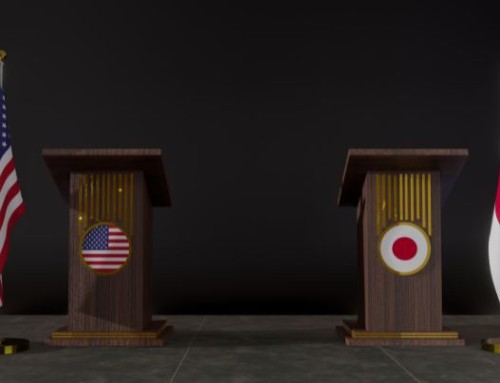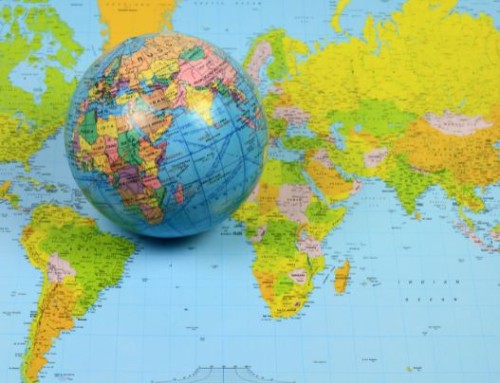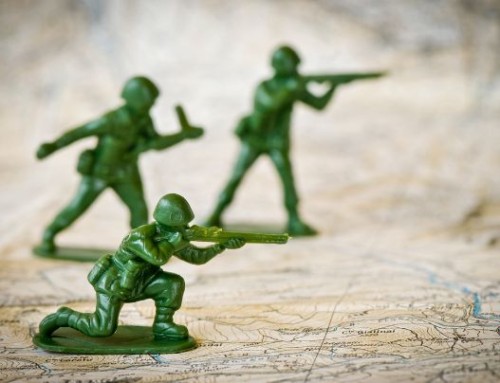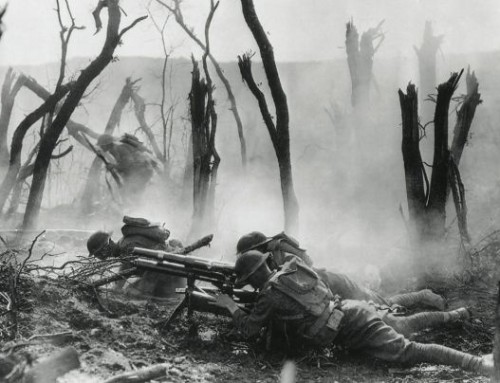President Donald Trump has finally administered the long awaited coup de gras to his befuddled secretary of State, former oil executive Rex Tillerson. By all accounts, ex-Boy Scout and long-term Exxon chairman Tillerson was an honorable man. However, success in the private sector is not always followed by success in government.
History will record Tillerson’s short tenure as unimpressive and, worse, as presiding over the demise of the State Department and the Foreign Service. Former Congressman and CIA Director Mike Pompeo, long rumored as Tillerson’s replacement, will take over—maybe.
Now the fun and games begin. First, Pompeo must be confirmed by the Senate. This will offer the Foreign Relations Committee an opportunity to confront the Trump administration’s foreign policy presumably through a tough inquisition of the nominee. While Pompeo is bright—he graduated top of his class at West Point—and certainly far more qualified than Tillerson, he should not expect a free ride.
Tough questions about the administration’s views on Russia, Vladimir Putin, and possible obstruction of justice; the future of the Joint Comprehensive Plan of Action (JCPOA), which Pompeo strongly opposes; tariffs, trade and China, among many other issues, will be overshadowed by the upcoming summit with North Korea. Whether Pompeo will be in sync with the president’s latest position, as Tillerson was not, will be a big challenge for him and his briefers. However, Committee Chairman Sen. Bob Corker and ranking member Sen. Ben Cardin are unlikely to treat the president’s foreign policies with kid gloves.
In many ways, the Senate may be on trial for giving the president a free ride. Pompeo, as CIA Director, is presumably well informed on these issues. However strong his preparation, that may not be relevant. Consider a few of the questions he will likely face.
First, can you explain the administration’s policy toward North Korea; what the expectations of the summit are; what the off-ramps may be in the event talks breakdown; and how does the U.S. intend to coordinate with North Korea’s neighbors including China, Russia and Japan?
Second, if talks fail, what is Plan B? Will force be more likely? If so, would the use of force be required, assuming diplomacy and sanctions fail and the North does not denuclearize?
Third, what is your view of the JCPOA and Iran? If the administration withdraws from the agreement, what do you expect the consequences to be? And can the U.S. deal simultaneously with two more potential nuclear enemies?
Fourth, what are the administration’s plans for Syria and Afghanistan? What will the administration do to if the situations in those countries continue to deteriorate?
Fifth, why does the president refuse to recognize that Russia and Vladimir Putin interfered in our elections? With New Start and the Intermediate- Range Nuclear Forces treaties in jeopardy, what is the administration’s view of preserving both or withdrawing? And if it is the latter, what is Plan B?
Sixth, both the secretary of State and Defense disagreed with the national security justification for the steel and aluminum tariffs. In particular, our closest Asian ally, Japan, was offended and angered. What is your view on this issue, and how do we repair the damage with Japan and others?
Seventh, the State Department and Foreign Service have been almost triple decimated with budgets cut by nearly 29 percent. Do you intend to reverse this trend and, if so, how? The U.S. also lacks ambassadors in key countries, South Korea in particular. How do you propose to remedy this?
And the confirmation is the easy part. If confirmed, Pompeo must learn simultaneously how his department works while also meeting his counterparts and conducting the nation’s foreign policy. With possible North Korean talks less than two months away, Pompeo will have to learn to be in several places at once—in his office in Foggy Bottom and on the road.
As CIA head, he knows many foreign leaders, but intelligence and diplomatic roles differ greatly. Pompeo will need every one of his skills if he is to make this transition at what seems like the political speed of light.






Leave A Comment